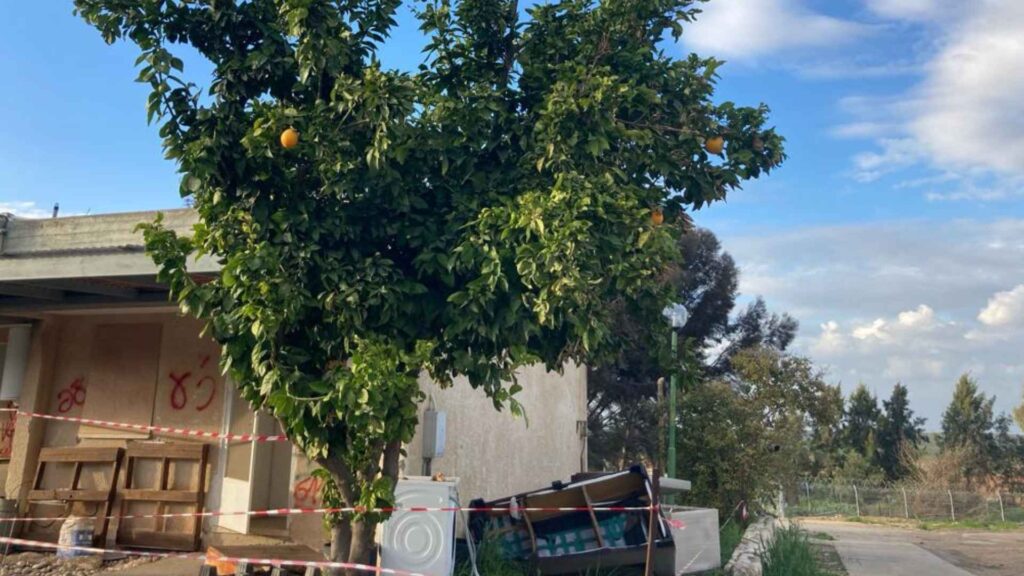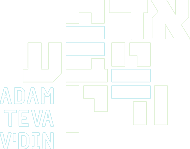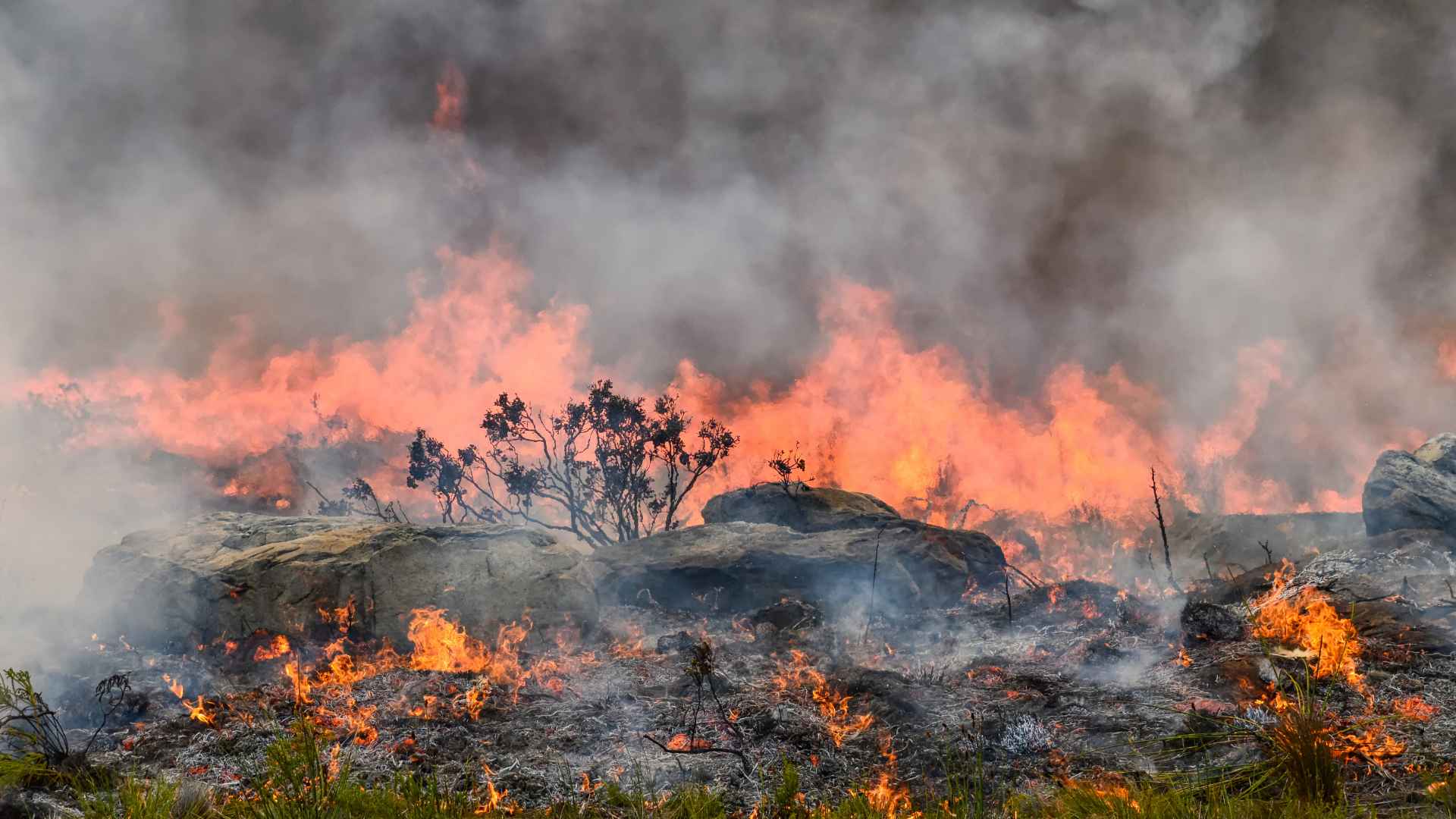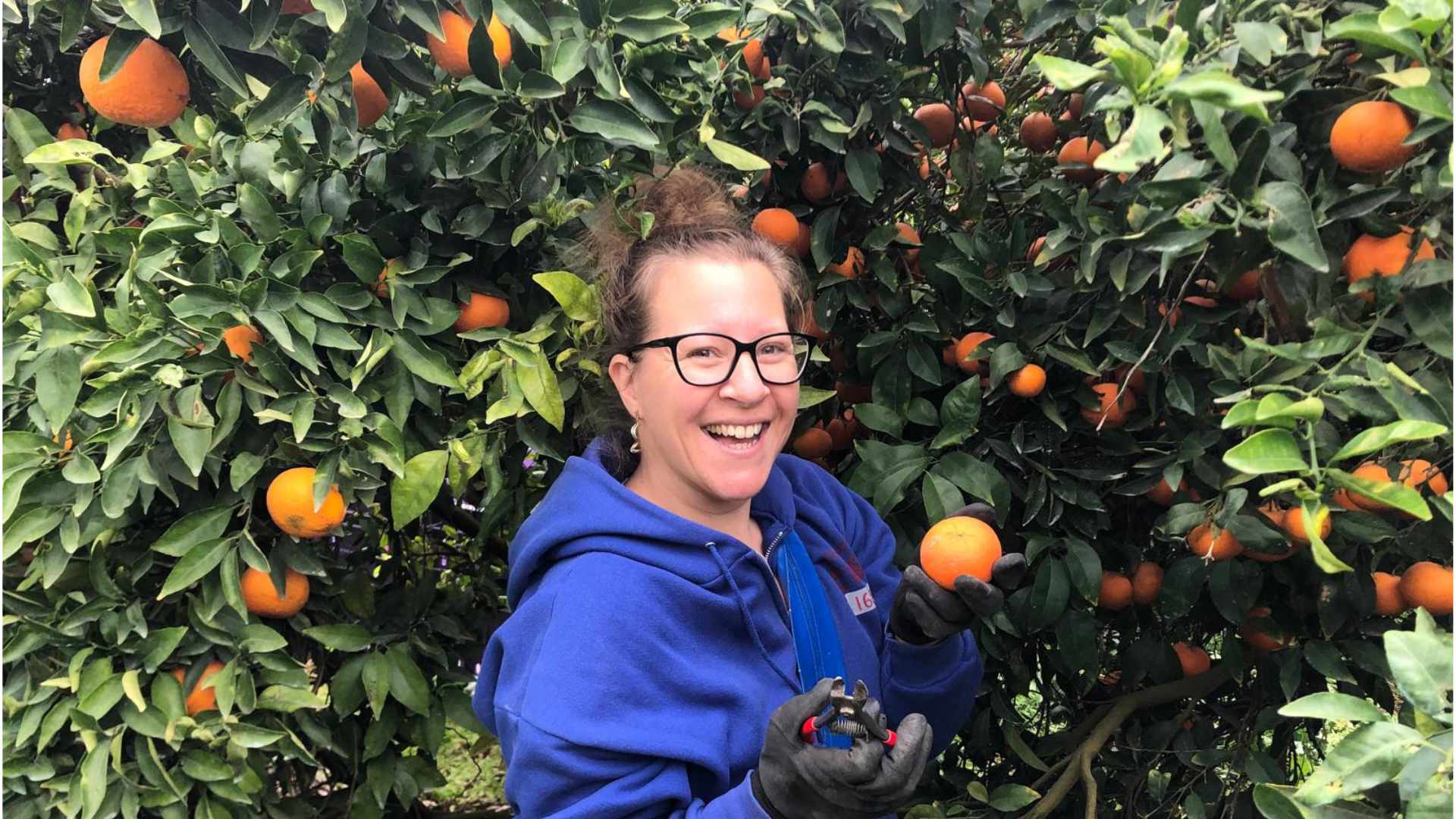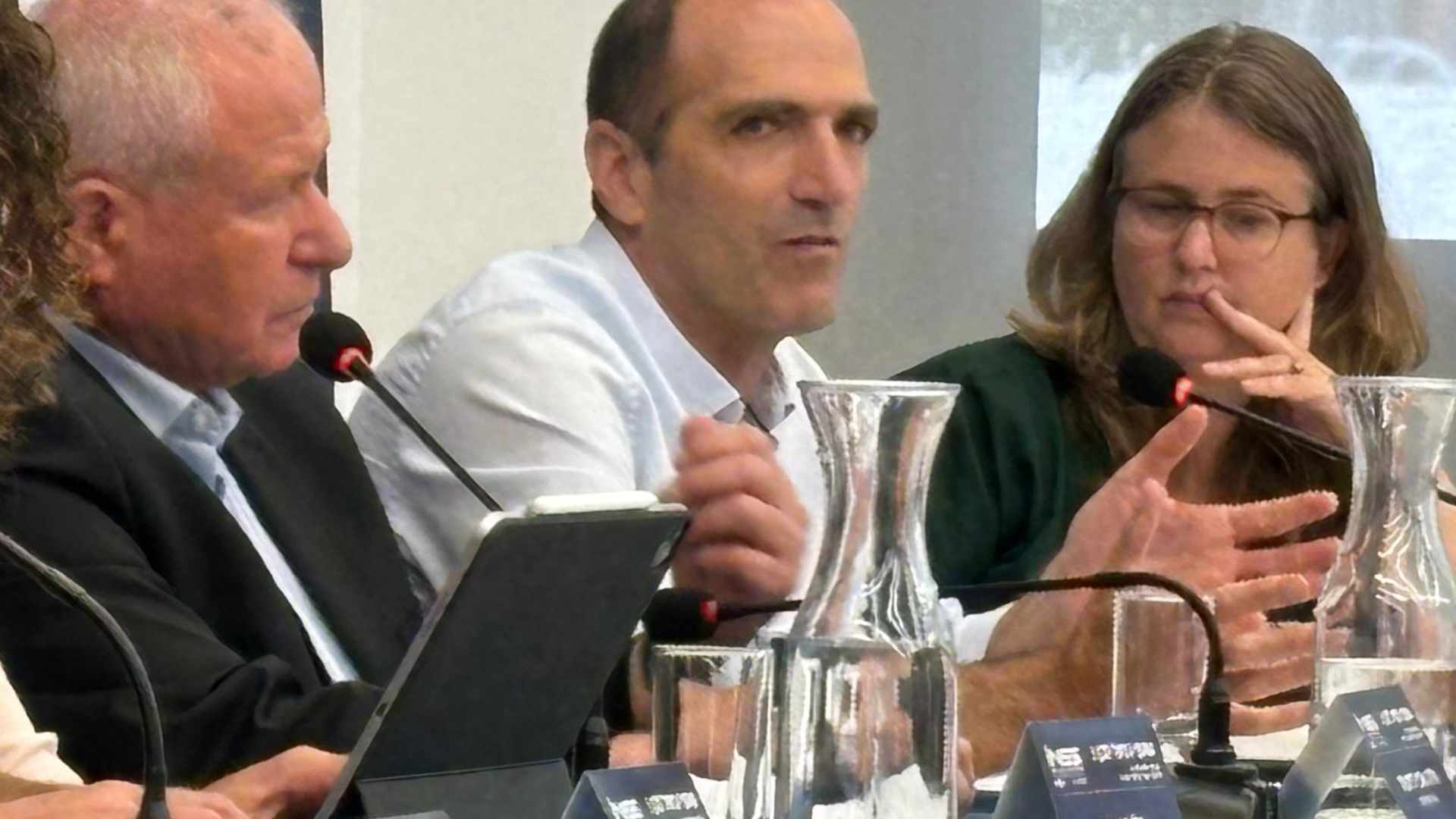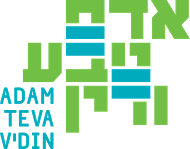The need to restore the environment of one of Israel’s most fertile regions goes hand in hand with the need to rebuild Tkuma communities as safe, sound and sustainable places for people to live; these are the existential needs that run through the Ministry of Environmental Protection’s preliminary ‘Green South’ action plan, recently released as part of the overall Tkuma rebuilding program.
Adam Teva V’Din has served the cause of ‘modern solid waste management’ over three decades; progress has been made, although hindered by the Environment Ministry’s low budgets and frequent turnover of often-reluctant Ministers. Our recommendations for the Tkuma waste management program are based on our own experience and professional knowledge, and Adam Teva V’Din’s vision of how investment in implementation of modern solid waste methodologies can impact on the region’s environment, economy, and climate resilience for years to come.
- Survey and categorization: An early and comprehensive survey of construction waste and war debris, and a quantitative assessment of the types and volume of materials (building materials, metals, debris, motor vehicles, etc.) available for re-use or disposal.
- Economic assessment: There is a need to assess the potential for reuse of all waste matter generated in the region for its potential to serve as ‘raw materials’ in the rebuilding program. Introduction on a large scale of new approaches to waste management will serve the best interests of the local population and the rural environment.
- Circular economy, local treatment, local benefits: Aiming for a ‘closed circle’ of assessing, sorting, crushing and sieving building waste and debris, will benefit the region’s sustainability by operating locally the heavy equipment systems necessary to produce – in a reasonable time-frame – huge quantities of re-usable building materials for pavements, roads, buildings and infrastructure. The ‘local model’ can be replicable for equal benefit in other areas of the country.
- Separation at source of domestic and all other waste: The overall rehabilitation effort must include the introduction ‘separation at source’ methodologies for domestic, agricultural, and commercial wastes in the rural communities and in the town of Sderot. There is an opportunity to develop a model program for every other region in Israel, whereby waste sorting produces organic waste for maximum utilization as compost for agriculture and domestic use. Separation at source on a regional scale will reduce the volume of waste going to landfill in the short and long-terms, and lower the greenhouse gas emissions such as methane, that arise from burying waste.
- Waste to Energy: In the longer term, the Tkuma restoration must relate to the challenge of incineration of non-hazardous waste that would otherwise be destined for landfill. The technology is not yet widely used in Israel and its implementation in the Negev could generate positive impacts on environmental and climate.
